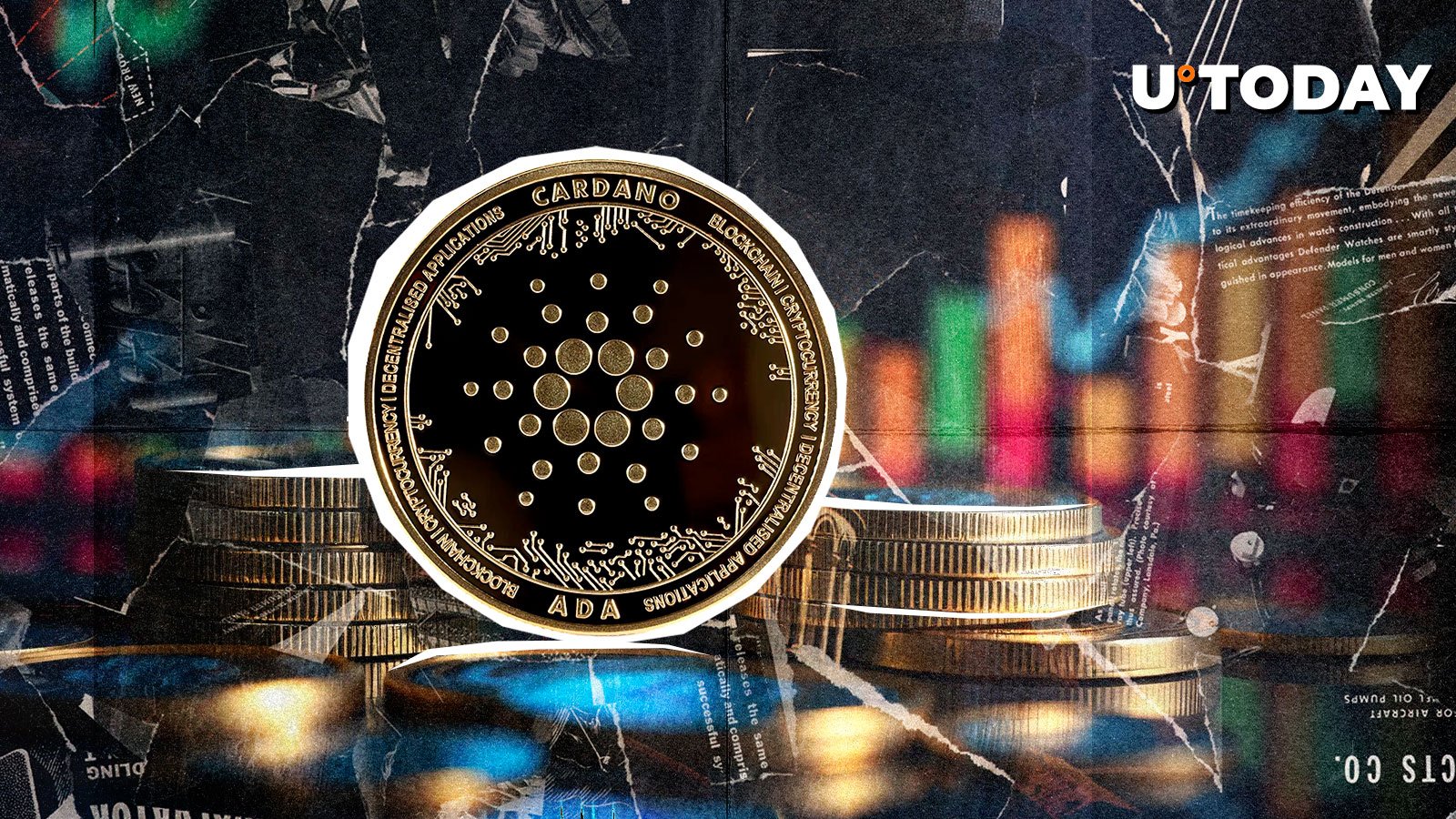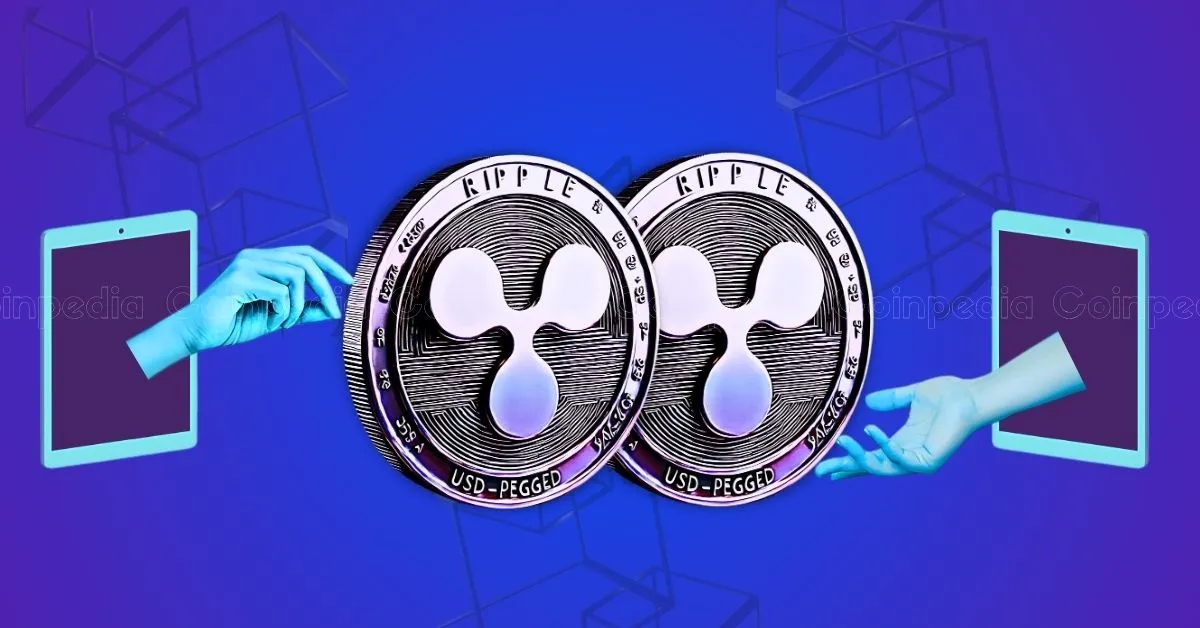
In a remarkable turn of events, Bitcoin surged to $77,000 following significant market movements. The catalyst for this increase was a historic net inflow of $1.38 billion into spot Bitcoin ETFs, coupled with Donald Trump’s election victory and anticipated monetary policy shifts by the Federal Reserve. However, market analysts at QCP Capital noted that some traders are beginning to retract from positions related to the so-called “Trump effect,” resulting in a decrease in the U.S. dollar’s value and a stabilization of treasury yields.
How Do Trump’s Policies Affect Bitcoin?
Trump’s proposal for a hefty 60% tariff on imports from China has stirred anxiety in financial markets, drawing attention to the escalating public debt in the United States. This situation positions Bitcoin as a potentially lower-risk asset compared to other high-risk investments, driving expectations for it to outperform traditional riskier assets.
Is a Positive Cycle Emerging for Bitcoin?
QCP Capital indicates that the robust momentum Bitcoin is experiencing may lead to a self-reinforcing cycle among investors. As interest in spot ETFs grows, this could further elevate Bitcoin’s price, enticing even more retail and institutional participation.
The current market dynamics indicate several key outcomes:
- Record net inflows into Bitcoin ETFs signal strong market confidence.
- Trump’s trade policies create uncertainty, benefiting Bitcoin’s appeal as a stable asset.
- Decreasing volatility is likely to enhance investor confidence, leading to increased purchases.
Market trends indicate a strong potential for Bitcoin to attract further investments, driven by its recent price performance and favorable economic sentiment surrounding cryptocurrency. As investors reassess their strategies, Bitcoin may solidify its position as a leading asset in the financial landscape.
Disclaimer: The information contained in this article does not constitute investment advice. Investors should be aware that cryptocurrencies carry high volatility and therefore risk, and should conduct their own research.









